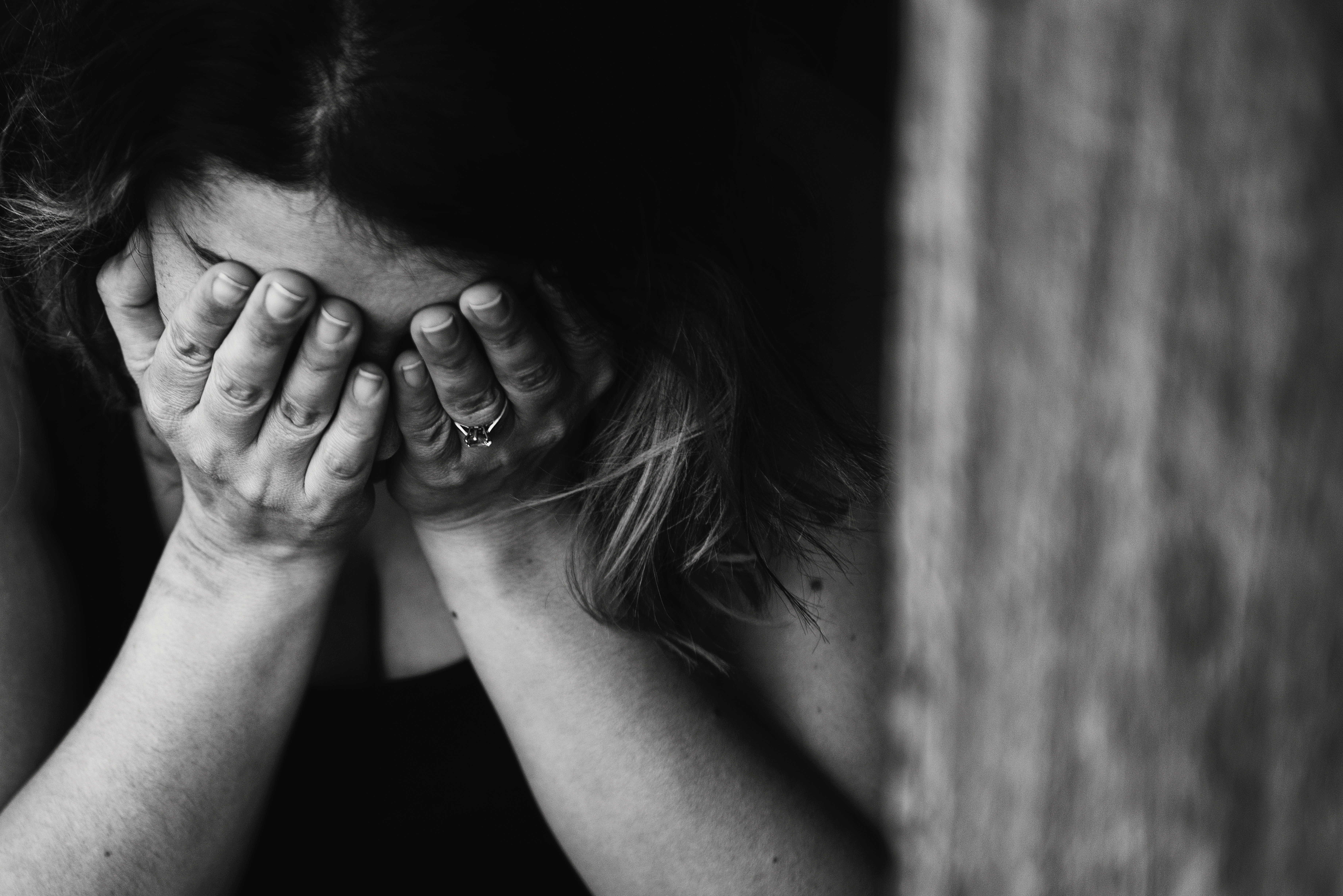
Anna* didn’t know what to expect when she walked into Interval House the night her husband’s violence became unbearable.
She’d escaped her house—a place that no longer felt like home—where she had locked herself in a room, climbed out of a window, and ran.
Anna’s husband had been chasing her with a knife, swearing he would kill her. It was the most terrifying event in his escalating violence since their move to Canada.
In a new city and with no family for support, Anna was desperate. “I didn’t know what to do,” she explains, “I was scared to leave my husband. But I was more scared to stay.”
Thankfully, a friend advised Anna to call Interval House. A counsellor helped her formulate an exit plan for when she was ready to leave. When that fateful moment came, Anna was welcomed with open arms.
“It didn’t feel like a shelter,” says Anna, “I was nervous and confused, but the staff greeted me like a sister and made sure to help me with whatever I needed.”
Interval House felt like home to Anna because it was intentionally designed that way. Common spaces foster a sense of community. Families stay together as they regain their independence.
Once settled, Anna began the work of rebuilding her life. The Building Economic Self-Sufficiency Program (BESS) equipped Anna with the practical and life skills she needed to plan for her future. She was supported as she sought training programs, employment options, and housing options, all while receiving emotional support through counselling.
At Interval House, Anna had an opportunity to regain her confidence and discover her own resilience and capabilities. “By welcoming me in and then assisting me as I looked for new housing, schooling and work, Interval House really helped me to find myself and my sense of home again.”
Thank you for welcoming survivors like Anna home. Your generosity changes lives.
* name has been changed to protect the survivor’s identity

